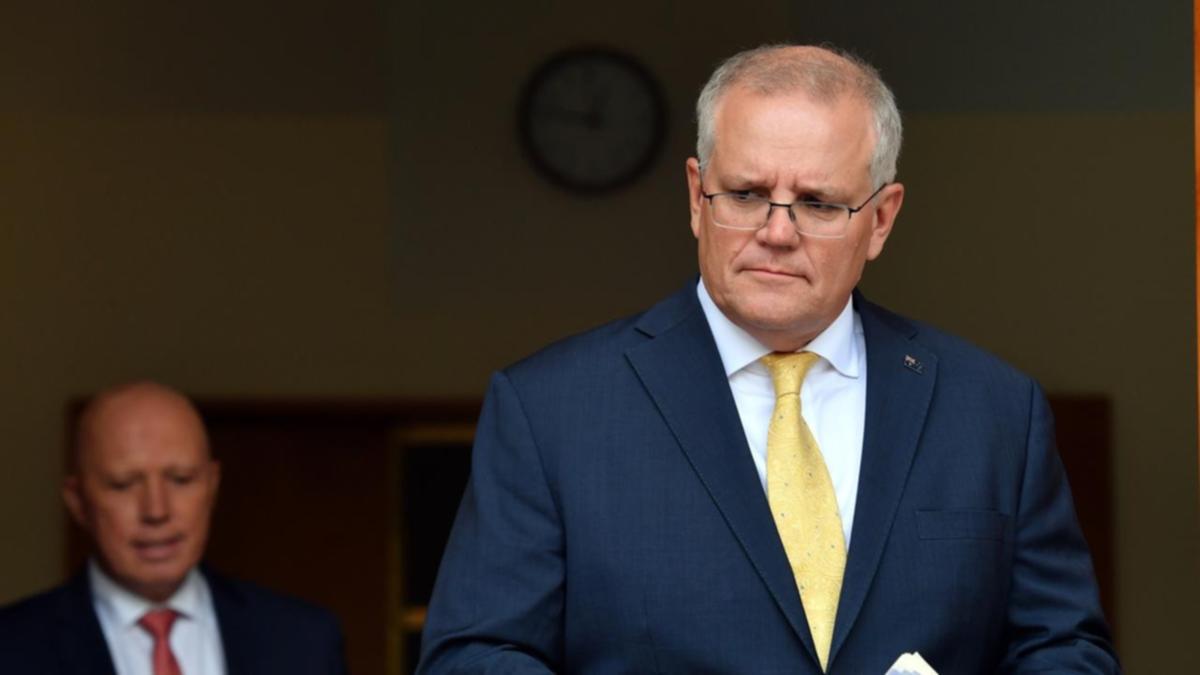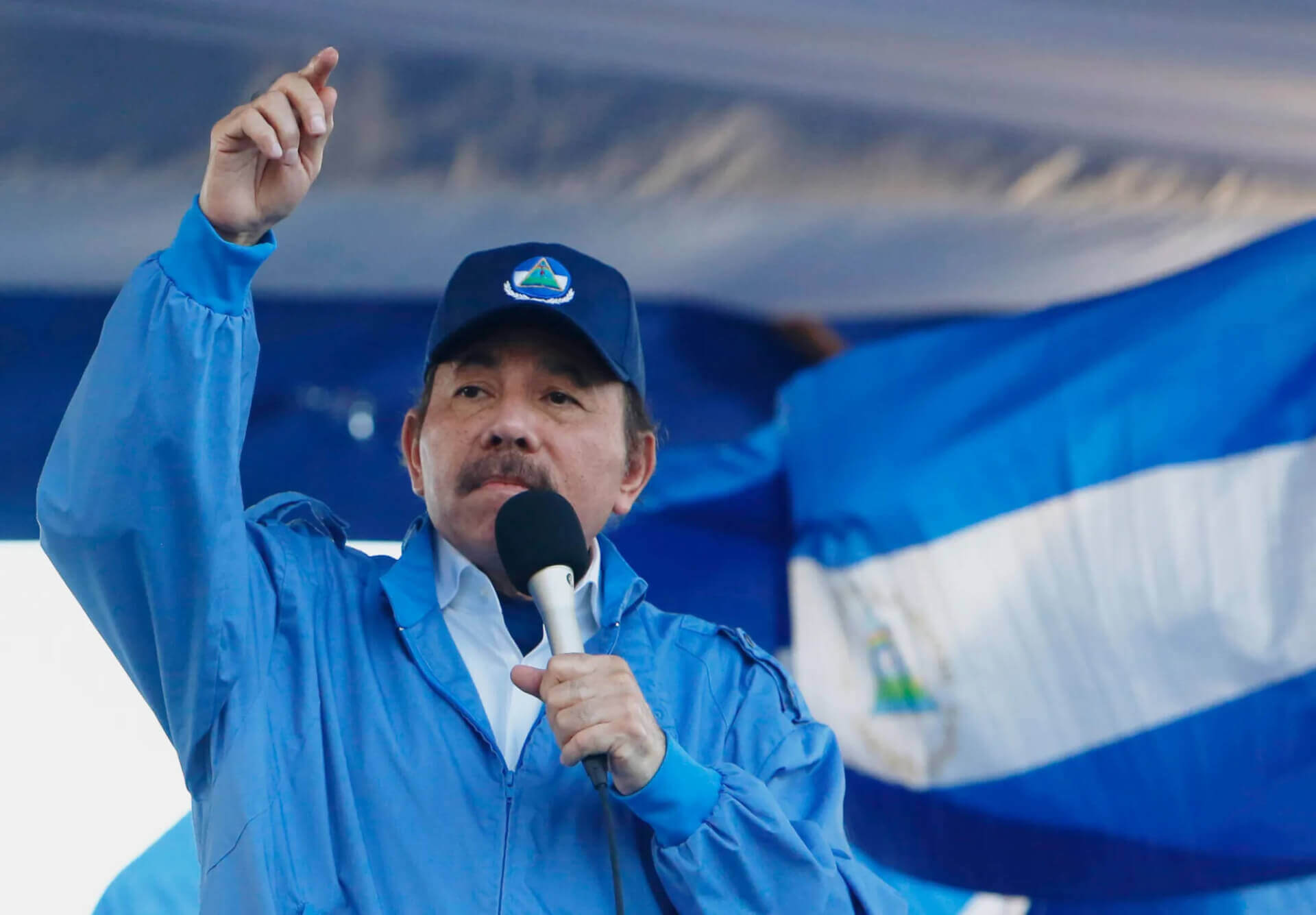South Asia
The Taliban’s Interior Minister, Sirajuddin Haqqani, who is also a top leader of the Haqqani Network, made his first public appearance on Saturday. He features in the United States’ “most wanted” list as his group, which is a part of the Taliban, has orchestrated several violent attacks in Afghanistan. [The News Pakistan]
The Financial Action Task Force’s report said that Pakistan will continue to feature in its “grey list” over its failure to take measures against terror financing and money laundering. However, it said that the country had completed 26 out of 27 “action items” that it was tasked with implementing when it was first added to the list. [Hindustan Times]
Central Asia and the Caucasus
On Friday, Kyrgyz authorities arrested the director of a prominent TV channel for airing a report alleging that Kyrgyzstan had decided to send troops to Ukraine to help Russia. Kyrgyzstan accused the channel of spreading “inter-ethnic hatred.” [RFE/RL]
Georgia announced on Sunday that 40 tonnes of humanitarian aid—including food, beverages, clothes, and medical supplies—have been sent to Ukraine as part of the government-organised ‘Produce for Ukraine’ campaign. [Agenda.ge]
East and Southeast Asia
Myanmar’s junta government on Saturday revoked the citizenship of several members of the shadow government, officially known as the National Unity Government (NUG). The NUG, which comprises ousted politicians from Aung San Suu Kyi’s toppled administration, had vowed to overturn the coup only weeks earlier. [The Straits Times]
More than 114 Rohingya Muslims arrived at a beach in Indonesia’s northernmost province of Aceh on Sunday after weeks at sea. Villagers who saw the group arrive on a rickety wooden boat helped them land and then reported their arrival to authorities. More than 700,000 Rohingya Muslims have fled Myanmar to refugee camps in Bangladesh since August 2017. [Channel News Asia]
Europe
In an hour-long phone call on Friday, German Chancellor Olaf Scholz urged Russian President Vladimir Putin to halt military action in Ukraine and open humanitarian corridors to evacuate civilians. In an official statement, a German government spokesperson, Steffen Hebestreit, said both sides agreed to hold further talks and mentioned Kremlin’s willingness to negotiate if Ukraine and international partners meet Russian demands. [DW]
On Friday, Serbian President Aleksandar Vučić affirmed his support for Ukraine amid the Russian invasion. Vučić said Serbia will accept Ukrainian refugees, adding that Belgrade will also commit humanitarian aid to Ukraine. Serbia, which has a large pro-Russian population, also vowed to respect Ukraine’s territorial integrity. [B92]
British Prime Minister Boris Johnson announced a six-point action plan in response to Russia’s military operation in Ukraine. Johnson has called for the provision of humanitarian aid to Ukraine and the imposition of further economic sanctions on Russia. He called on his Western allies to adopt the plan in unison. [Reuters]

Latin America and the Caribbean
Senior officials from the White House and the State Department departed for Caracas on Saturday to see if the Maduro administration is willing to distance itself from longtime ally Russia. Putin has played a great hand in helping Venezuelan state-run oil company PDVSA evade United States (US) sanctions. It has been rumoured that US officials could offer the hope of sanctions relief in return for a change in Venezuela’s position on the Ukraine conflict. At the same time, the US is seeking an alternative energy supplier to Russia as it expands its sanctions on the Putin regime over its decision to invade Ukraine. [Reuters]
Nicaraguan authorities have found guilty 33 of the 46 opposition figures who were arrested in the lead-up to the November election, in which President Daniel Ortega was controversially re-elected after jailing dozens of would-be opposition candidates. Of the 33 found guilty, 25 have since been handed down prison sentences of up to 13 years on charges of treason and undermining national security. [Al Jazeera]
Middle East and North Africa (MENA)
Yemen’s Houthi rebels have agreed to a United Nations (UN) proposal to shift oil from the FSO Safer oil tanker that has been moored off the Yemeni coast since 2015. The UN has said that the decaying tanker is at imminent risk of spilling 1.1 million barrels of crude oil. [Reuters]
Turkish President Recep Tayyip Erdoğan held a phone call with his Russian counterpart Vladimir Putin on Sunday to discuss the ongoing war in Ukraine. Erdoğan reiterated that Turkey is willing to negotiate peace between Moscow and Kyiv, and urged Putin to take steps to ensure that a ceasefire is reached. [Daily Sabah]
North America
On Sunday, a group of American truckers under the moniker “People’s Convoy” gathered on the outskirts of Washington to demonstrate against the government’s COVID-19 restrictions. The truckers drove around the highway in loops in an attempt to cause “huge pain”; however there was minimal interruption to the flow of the traffic. The protests took inspiration from Canada’s trucker-led ‘Freedom Convoy,’ which brought Ottawa and cross-border trade to a standstill. [The Washington Post]
United States (US) Secretary of State Antony Blinken spoke on Saturday with his Chinese counterpart Wang Yi regarding Russia’s “premeditated, unprovoked, and unjustified” invasion of Ukraine. Blinken asserted that the international community is taking steps in unison to condemn Moscow’s behaviour, before noting that the “world” is watching which country supports the values of freedom and sovereignty. [US Department of State]
Oceania
During a foreign policy address to the Lowy Institute on Monday, Australian Prime Minister Scott Morrison denounced China for its silence on the Russian invasion of Ukraine and supporting Russia following Western sanctions. China has relaxed trade restrictions on wheat and extended support to Russian banks isolated due to the sanctions. Morrison called on China to demonstrate its commitment to global peace and respect for territorial integrity and sovereignty. [news.com.au]
The New Zealand government hopes to pass ‘The Russia Sanctions Bill’ this week to expand sanctions on Russia and entities/individuals associated with the Russian government. Prime Minister Jacinda Ardern said, “A Bill of this nature has never been brought before our Parliament, but with Russia vetoing UN sanctions we must act ourselves to support Ukraine and our partners in opposition to this invasion.” The bill would allow the government to target people, companies, services, trade, financial institutions, airspace, assets, and other states supporting the Russian aggression against Ukraine. [Government of New Zealand]
Sub-Saharan Africa
The United Nations’ peacekeeping mission in Mali, MINUSMA, denounced an attack by Islamist extremists on the Malian army on Friday that killed 27 soldiers and injured a further 33. Security in the region has been pushed into further doubt following the announcement of France’s withdrawal of its troops. [Africanews]
At the end of this month, the African Union’s peacekeeping mission in Somalia, AMISOM, will transition into the African Transition Mission in Somalia (ATMIS), bringing an end to a 15-year operation in the country. That being said, ATMIS is expected to retain a large number of AMISOM soldiers, although their responsibility will now be to stabilise the country, with the aim of transferring full authority over national security to the government. The time frame for the new mission will be determined at the AU Peace and Security Council later this month and must then gain the approval of the United Nations Security Council by the end of the month. [The East African]

